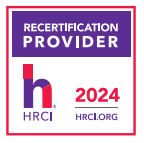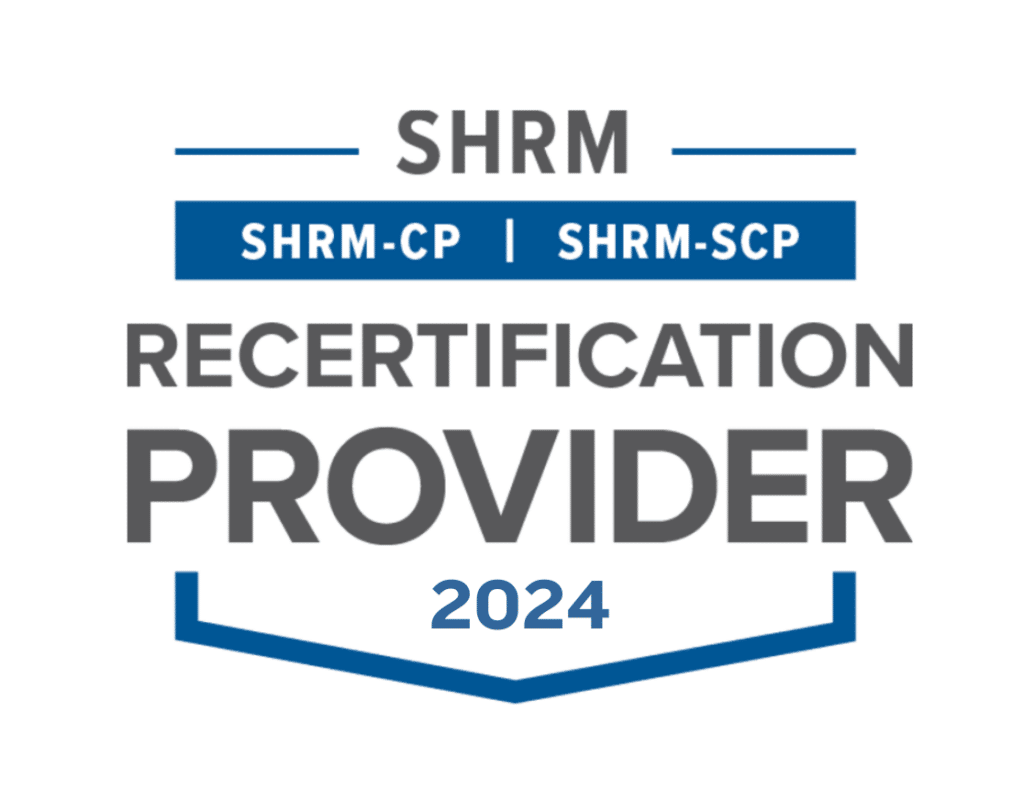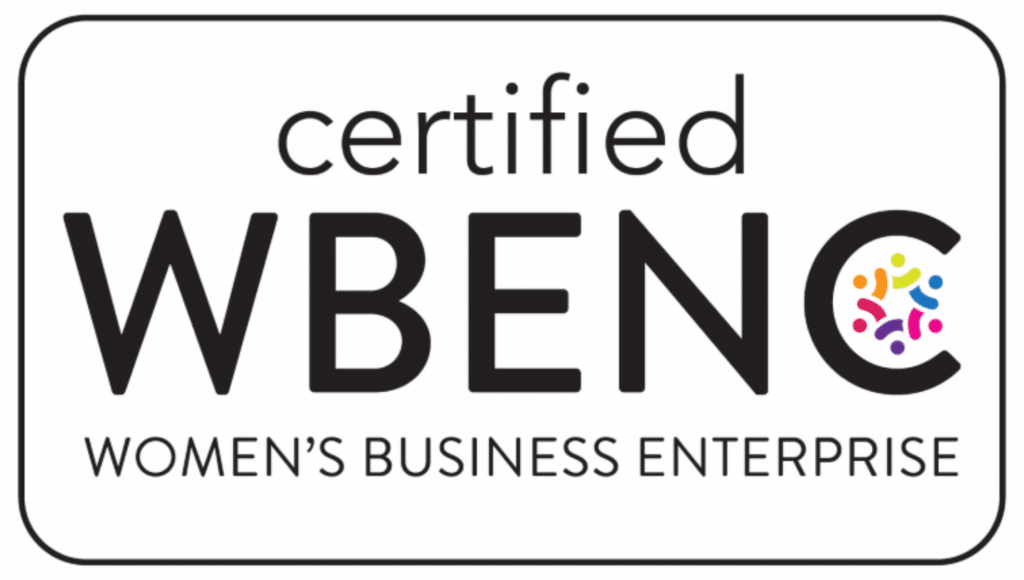Do you go online to learn about your health? You’re not alone. A recent Pew survey showed 72% of Internet users looked for health info online. And women are more likely to do so than men.
But you do need to be careful. Not all health sites are accurate. And finding answers online is NOT a replacement for seeing your doctor. Only your doctor knows the full details about your health. He or she can answer your questions and make sure you stay up-to-date on tests and screenings.
Women’s Health Myths
These days women get health advice from many sources besides their doctors. That can be fine. Friends and family sometimes give good advice. Plenty of TV shows and Web sites have helpful info as well. But these sources can also spread myths. Here are seven myths about women’s health to look out for:
#1
Myth: Before going to the beach, get a base tan at a tanning salon. You’ll protect your skin from sun damage.
Fact: Think of it this way: A tan is proof that your skin has been damaged. Tanning beds are just as bad for your skin as the rays at the beach. The World Health Organization recently labeled tanning beds as “carcinogenic to humans.” Their report states that “the amount of radiation produced during indoor tanning is similar to the sun, and in some cases might be stronger.”
#2
Myth: Dairy products are for kids. They’re too fattening for adults.
Fact: The protein in dairy foods helps build muscles in people of all ages. Milk, yogurt and cheese provide calcium to strengthen bones. Milk is a good source of potassium, which helps keep blood pressure normal. Most women don’t get enough calcium and vitamin D. Low-fat dairy products are just as good for you as full-fat but with fewer calories.
#3
Myth: No one else in my family has had breast cancer, so I won’t get it either.
Fact: A family history of breast cancer does increase a woman’s chance of getting the disease. But about 70 percent of women who get breast cancer have no family history of breast cancer. Try to follow the mammogram schedule for your age group.
#4
Myth: Exercise turns fat into muscle.
Fact: Fat cells will never turn into muscle cells. And muscle cells will never switch to fat cells. Exercise can reduce the amount of fat in your fat cells and increase the size of your muscles.
#5
Myth: A high protein diet will make you thinner.
Fact: Eat too many calories and you’ll gain weight. This is true whether you eat carbs, fat or protein. Americans already eat more protein than just about any group in the world and we’re among the most obese. A healthy diet includes protein, carbohydrates and fats. A balanced diet is key for healthy weight loss.
Studies have shown that eating too much protein may actually cause insulin resistance, a condition where your body ignores the insulin it produces. Insulin resistance is a primary factor in diabetes.
# 6
Myth: A glass or two of wine a day is good for a woman’s health.
Fact: It’s true that people who drink wine have slightly lower rates of heart disease. But the health risks of drinking do not outweigh any benefits. Drinking alcohol is linked to higher risks of liver cancer, throat cancer and breast cancer. The 2010 Dietary Guidelines for Americans recommend that women not exceed one alcoholic drink per day. (Men are advised to not exceed two alcoholic drinks per day.)
# 7
Myth: Weight gain for women is part of getting older.
Fact: Many of us put on a few pounds as we get older. But do we have to? And what’s the cause? For many women, the cause is being less active and not making the right food choices. There are ways to avoid weight gain as you age. Start with the basics:
• Make a plan to eat better! Include more healthy foods and snacks in your routine.
• Find ways to get moving. Use the stairs instead of the elevator. Take a dance class with a friend. Often, being active gives you more energy. It might help you sleep better, too.
Mango Lassi

Makes three 8-ounce servings
In India, lassis are enjoyed at breakfast, lunch or as a snack. Ripe mangos will smell sweet at the stem end and the flesh will give slightly, like a ripe avocado. If you can’t find ripe fresh mangos, use frozen mango. Peaches or nectarines are lovely in this recipe as well.
Nutrition Bonus One mango supplies nearly a day’s worth of vitamins C and A. Mangos are high in potassium and magnesium. These two minerals help keep blood pressure levels normal.
1 cup plain nonfat yogurt or Greek yogurt
2 cups chopped fresh or frozen mango
1 slice of fresh or candied ginger
1 tablespoon honey
a pinch of ground cardamom or cinnamon
3/4 cup ice-cold water
Put all the ingredients into a blender and blend until smooth. Serve over ice.
Source: Healthy Living Kitchens










